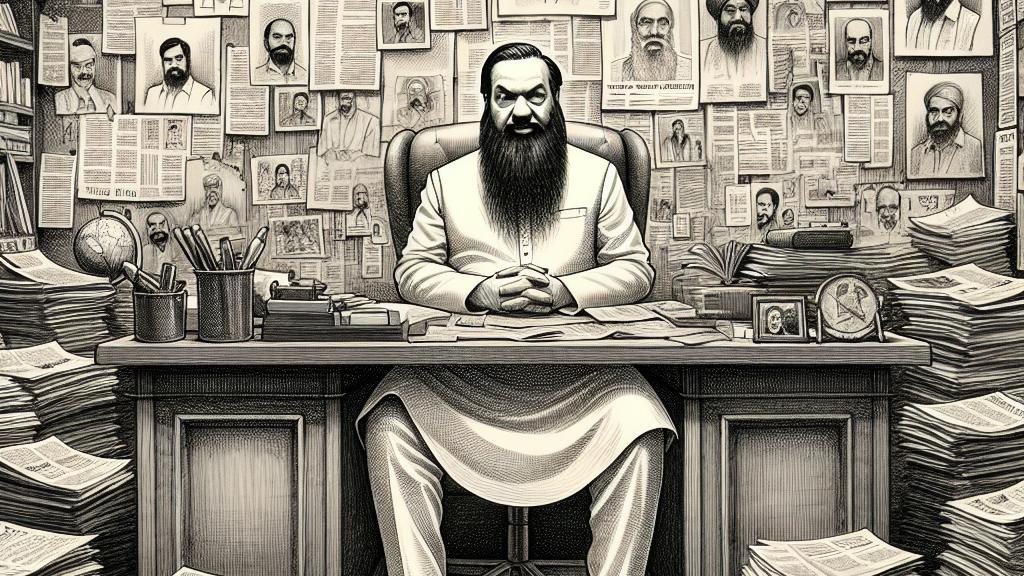Justice Served: President Marcos Takes a Stand Against Celebrity Pastor Quiboloy!
Overview
- Philippine President Ferdinand Marcos Jr. asserts that arrested pastor Apollo Quiboloy will face the law with no special privileges.
- Quiboloy, known as the 'appointed son of God,' now grapples with serious allegations including child abuse and trafficking.
- The Philippine legal system will address these charges before any potential extradition to the U.S., emphasizing its commitment to justice.

The Rise and Controversy of Apollo Quiboloy
Apollo Quiboloy's narrative is a fascinating blend of spirituality and controversy, resonating deeply within the cultural tapestry of the Philippines. As the charismatic leader of the Kingdom of Jesus Christ, he has amassed a following that rivals that of public figures—an astonishing feat in a nation where faith often intertwines with daily life. His claims of being the 'owner of the universe' evoke both awe and skepticism, painting a complex picture of a man wielding significant influence. However, the darkness of his recent legal troubles has cast an ominous shadow over his legacy. Allegations of child and sexual abuse have emerged, prompting many to question the morality of a preacher who had once captivated hearts and minds. His longstanding ties with former President Duterte complicate matters further, revealing the intricate dance between politics and faith in this multi-layered society.
The Arrest: A Unfolding Drama
The arrest of Quiboloy unfolded like a gripping episode of an intense thriller, marked by dramatic police raids and fervent demonstrations from his devoted followers. As over two thousand officers encircled his sprawling Davao City compound—akin to a modern-day fortress—tensions escalated. The government's resolve was evident; President Marcos Jr. emphatically declared that Quiboloy would not receive any special protection, reinforcing the fundamental principle that no one stands above the law. This bold statement captured the nation's attention, igniting a fierce debate about accountability and justice. The atmosphere was electric, with supporters rallying in defiance, blocking highways and raising their voices in protest, a vivid demonstration of the loyalty Quiboloy commands. The clash between law enforcement and Quiboloy's followers paints a dramatic picture of a society grappling with faith, power, and righteousness.
Broader Implications for Society and Politics
The implications of Quiboloy's legal battles extend far beyond personal consequences, resonating deeply within the Philippines' socio-political landscape. Here, where the intertwining of religion and politics has historically influenced electoral outcomes, the fallout could reshape alliances and voter behavior. Critics argue that the fabric of Filipino democracy may be tested, as influential religious figures often sway public opinion and encourage bloc voting. As allegations of human trafficking and sexual nepotism make headlines, the country watches closely, questioning whether its legal frameworks can withstand the pressures of celebrity and clout. Quiboloy's case poses a critical challenge: will justice triumph over the formidable forces of privilege and influence? As the legal proceedings unfold, all eyes will be on the Philippine judicial system to see if it can rise to this momentous occasion.

Loading...